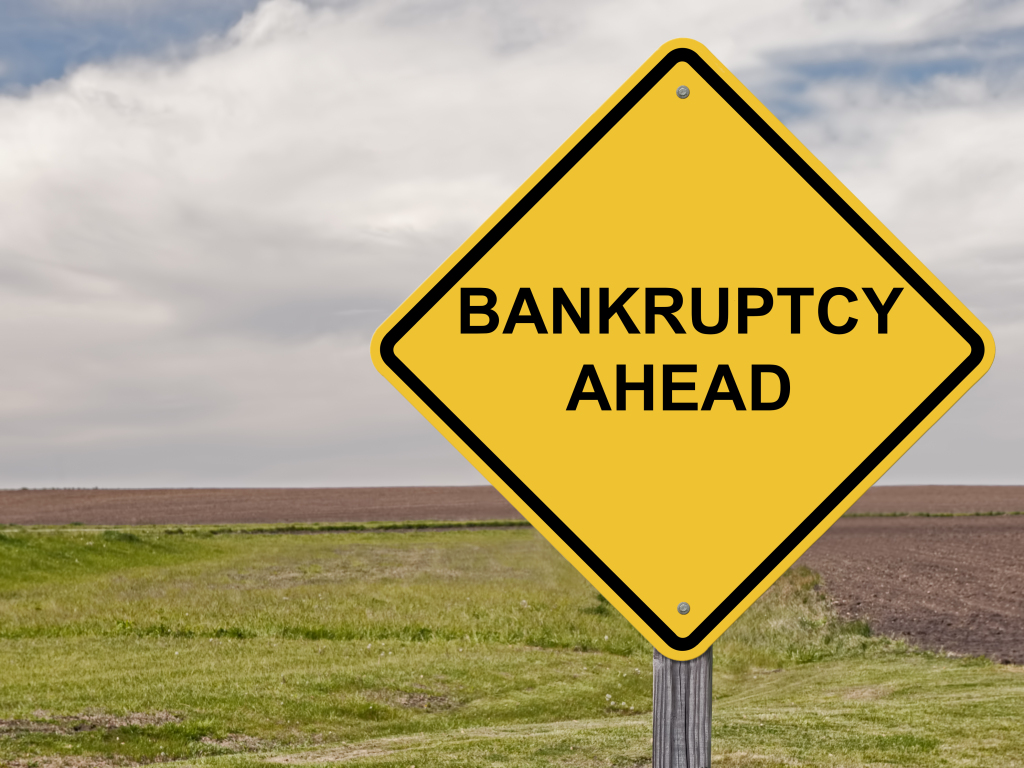Bankruptcy Solutions
Pennsylvania Bankruptcy Help
There are several alternatives available to a taxpayer who cannot pay a delinquent tax liability. If the taxpayer does not qualify for an offer in compromise or cannot afford an installment agreement, filing for bankruptcy may be a viable option. In many circumstances, bankruptcy may be the best option for resolving a tax problem. Additionally, unlike an offer in compromise or an installment agreement, a bankruptcy may have the added benefit of addressing other liabilities, such as state taxes and non-tax debt, thus providing a more complete solution to the taxpayer’s financial problems. Before declaring bankruptcy, it is important to know that tax debt must meet certain criteria to be dischargeable in bankruptcy.
Examples of taxes that are not dischargeable:
- Tax that qualifies as a priority tax, as follows:
- Income taxes for which the due date of the return, including extensions, is within three years before the date of the filing of the bankruptcy, will be a priority claim
- Income taxes assessed within 240 days of the date of bankruptcy will be a priority claim
- Tax that relates to a return that was not filed or was filed late within two years before the bankruptcy petition
- A return filed by the IRS, known as a substitute for return (SFR) prepared by the IRS is not a return for discharge purposes
- The tax return was fraudulent or the taxpayer willfully attempted to evade or defeat payment of the tax
- Taxes other than income tax are usually not dischargeable

Frequently Asked Questions About Bankruptcy
Can you discharge taxes in bankruptcy?
The situation depends, but it is possible for an individual to discharge taxes when filing for bankruptcy.
What taxes can you discharge in a Chapter 7 Bankruptcy?
In order for a person to have taxes discharged (erased) in Chapter 7 Bankruptcy the tax debt must meet the following criteria:
- Income Tax
- At least three years old
- Based on tax returns filed at least two years ago or prior
- Assessed at least 240 days before you filed for bankruptcy
- Not linked to any fraud or evasion
Is bankruptcy the best option for IRS tax settlement?
If you are just trying to reduce the amount owed in taxes, bankruptcy may not be the most effective solution for you. Filing for bankruptcy will only erase certain tax debts, and you cannot include any tax debt that is less than 3 years old.
Can a tax lien be removed or released in bankruptcy?
If the IRS has placed a tax lien on you prior to filing for bankruptcy, the tax lien generally does not get erased. In most cases you will not be able to sell your property until the tax debt associated with the lien is paid.
If a person files for Chapter 13 bankruptcy, once your payment plan is complete the tax lien gets removed. In most cases however the tax lien will stay in place during your replayment plan.
What are some differences between Chapter 7 and Chapter 13 Bankruptcy?
When a person files for Chapter 7 Bankruptcy it requires you to sell all your non-essential assets and use the money to repay your creditors. Once that has occured, the debtor usually receives a discharge. In order for a person to qualify for Chapter 7 Bankruptcy your income must be under the state median.
When a person files for Chapter 13 Bankruptcy you do not need to sell all your assets, but you do have to enter into a 3 to 5 year repayment plan. In this case you will end up paying all of your priority tax debt and the majority of your non-priority tax debt.
What assets are exempt in a Chapter 7 Bankruptcy?
An exemption refers to a asset that you do not have to sell in order to repay your creditors. In most cases the following types of assets are exempt from bankruptcy:
- 401(k)s, IRAs, and other retirement plans
- Welfare, Social Security, and Unemployment Insurance
- Primary Vehichle under a specific value
- Home Equity (typically only $20,000 – $30,000)
- Books, tools, clothing, and other personal property
When and why should you consider Chapter 13 Bankruptcy?
There are many reasons why a person may file for Chapter 13 bankruptcy instead of Chapter 7. These reasons include:
- a person earns too much money in order to qualify for Chapter 7 bankruptcy
- you may not be able to discharge certain debts when filing for Chapter 7 bankruptcy
- You are behind on your car payments or mortgage payments
- You do not wish to liquidate non-exempt assets
- You want to resolve your tax debt through a payment plan.
How can I schedule a consultation with Strategic Tax Resolution?
To schedule a consultation with Strategic Tax Resolution please contact us via our main office line (484) 915-3100 or by visiting our contact us page.
